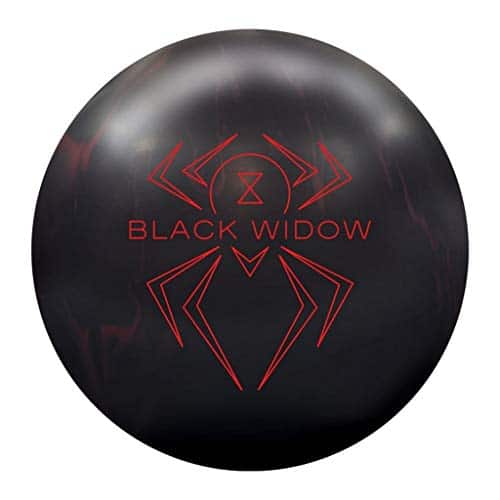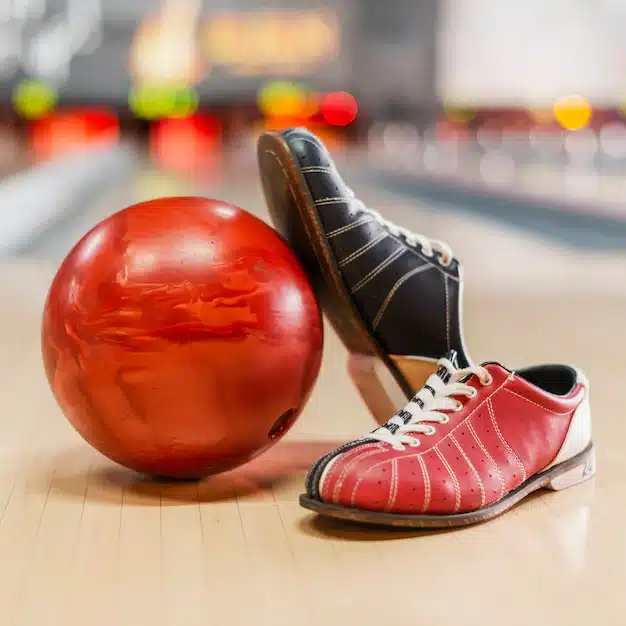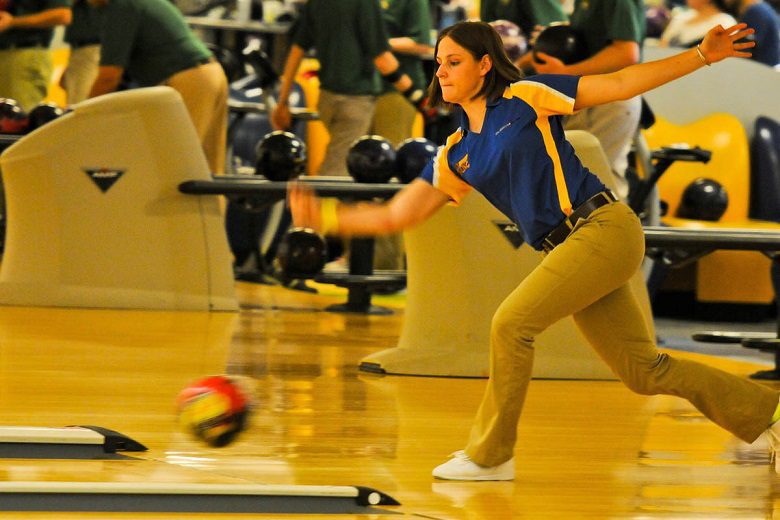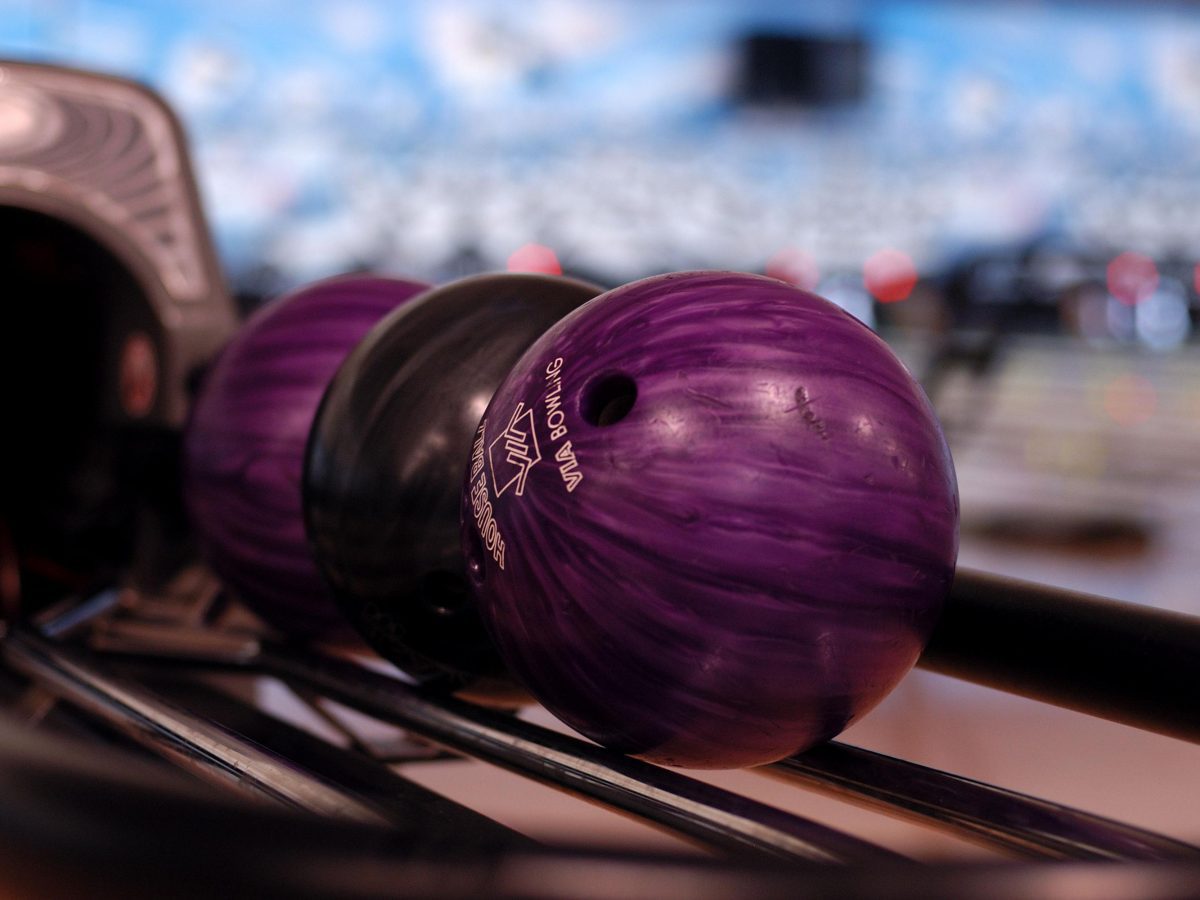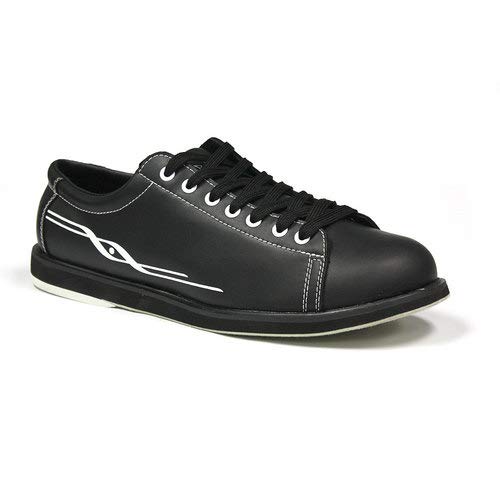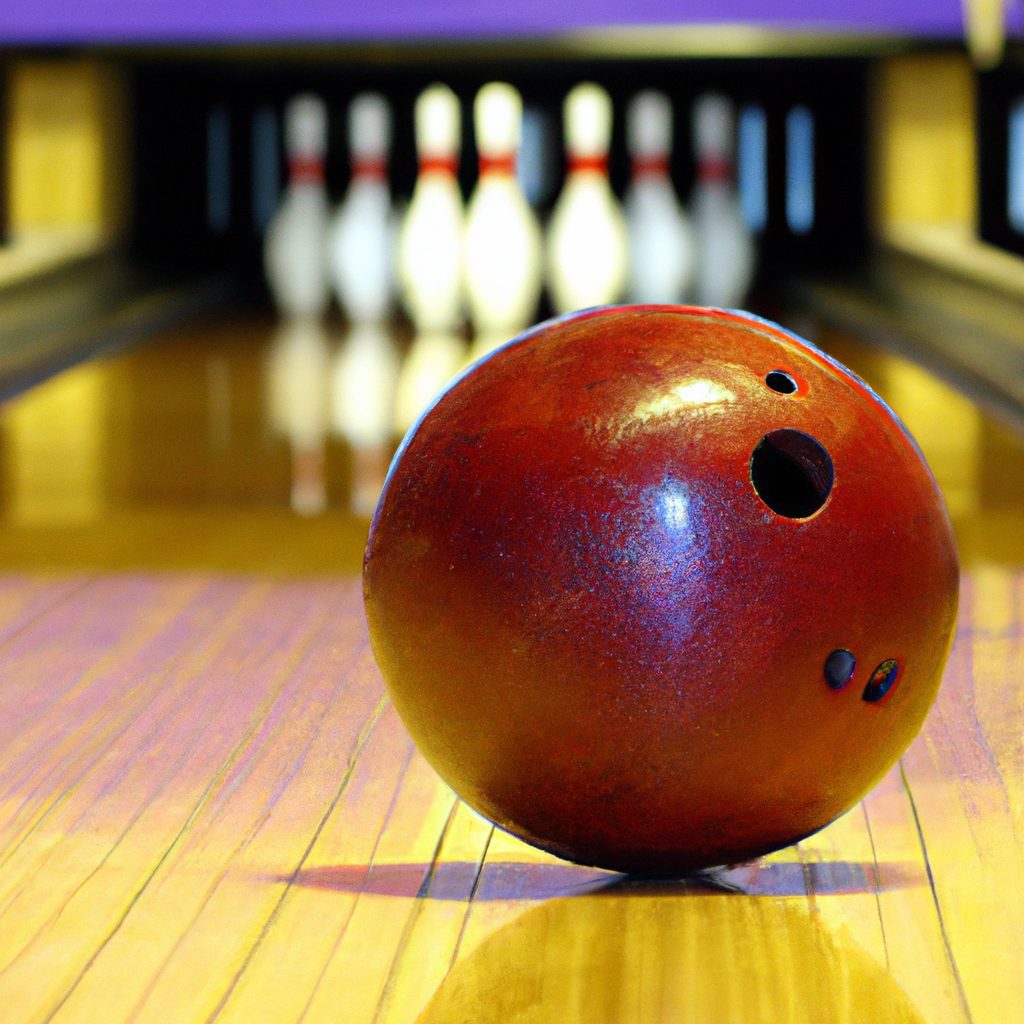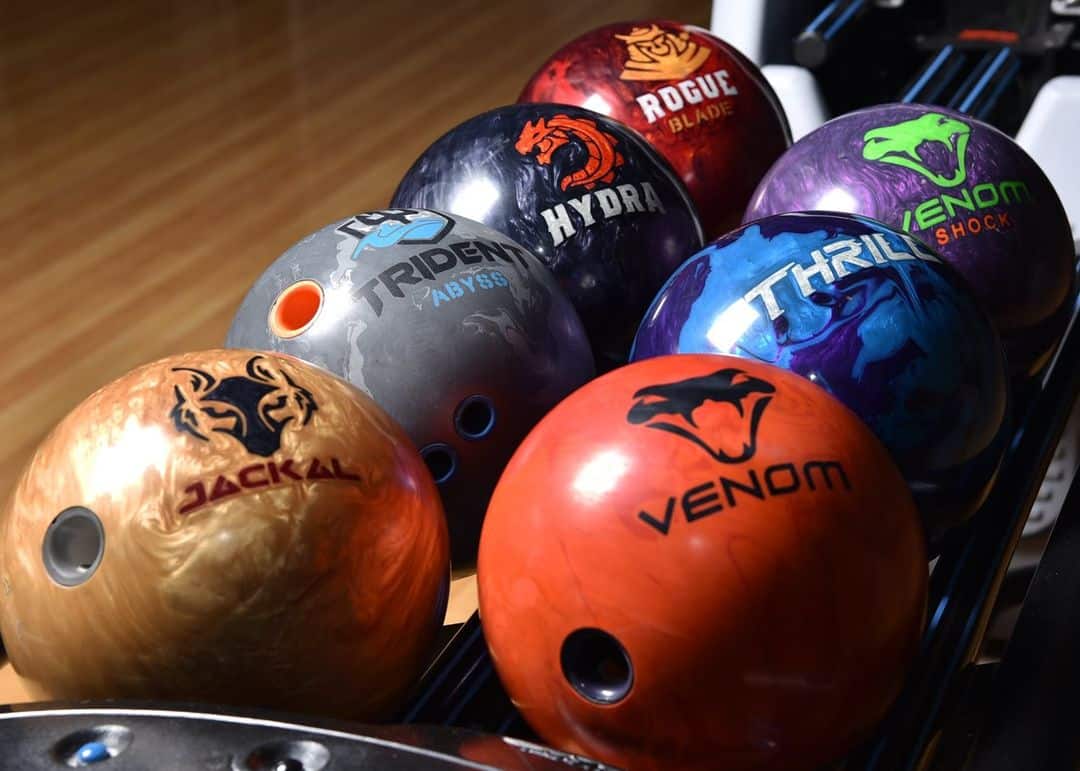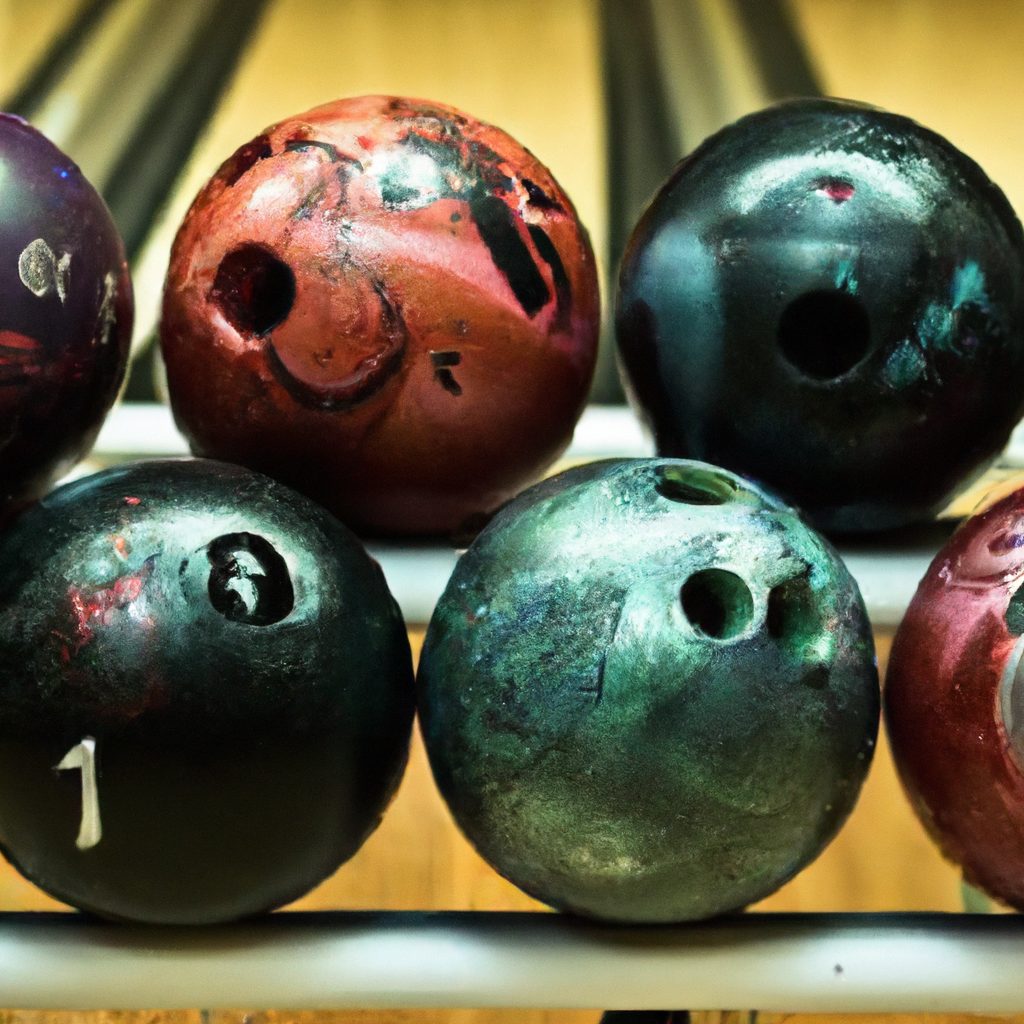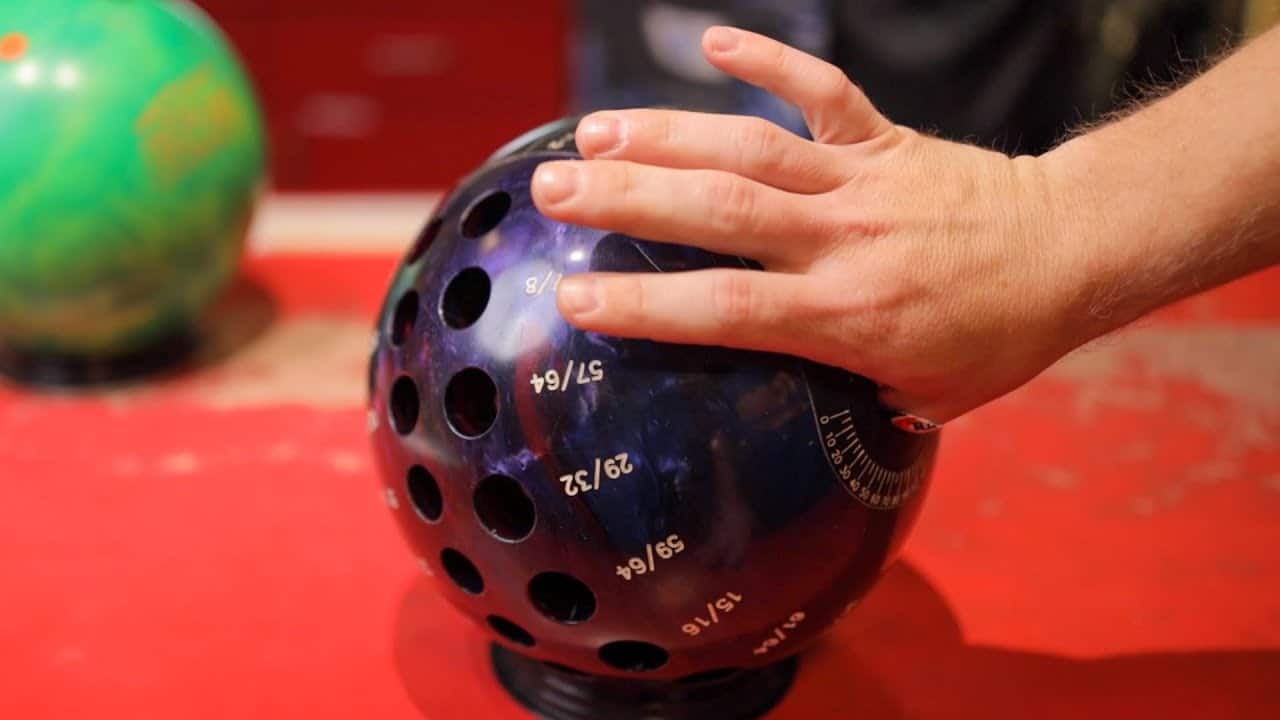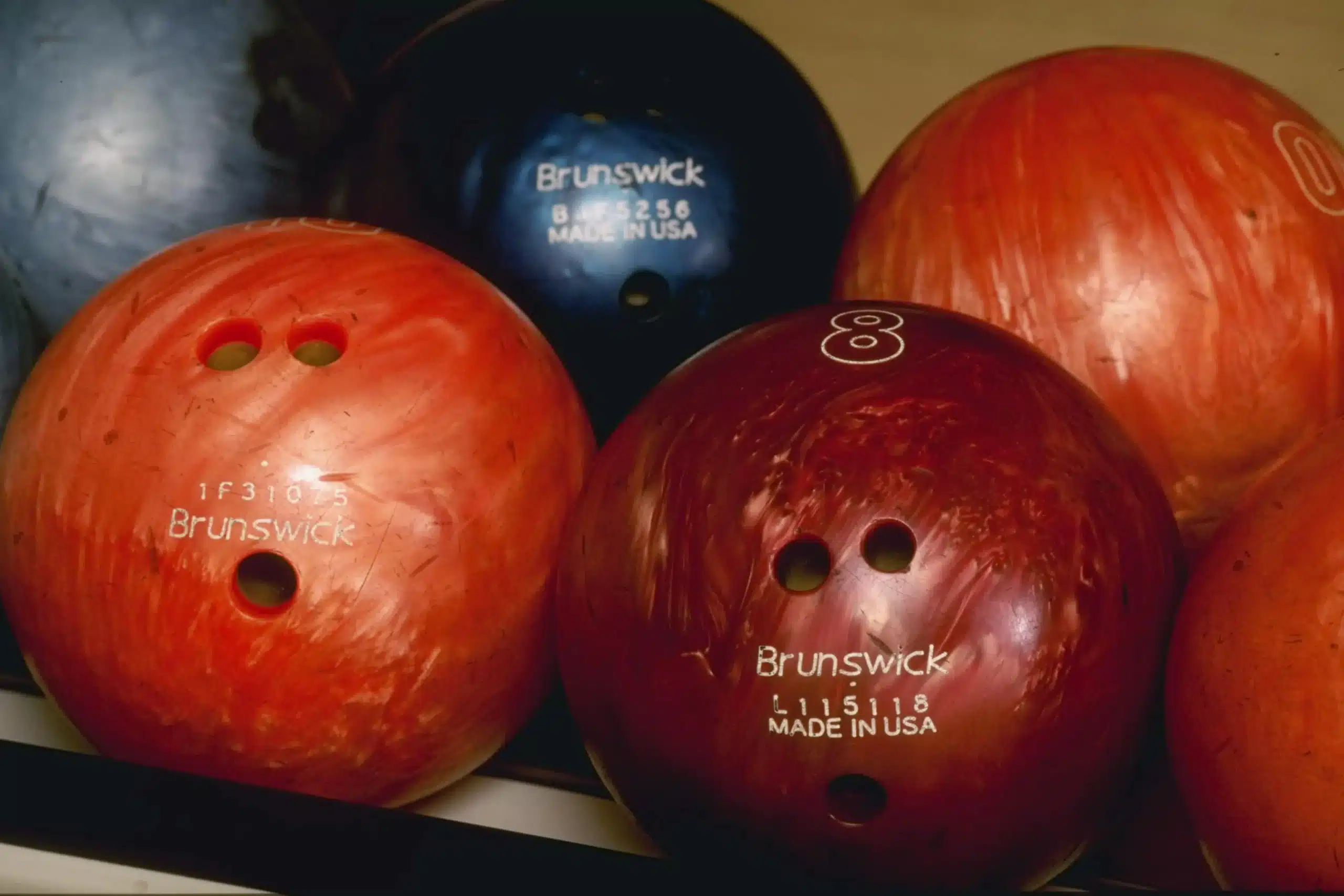Ladies and gentlemen, have you ever found yourself pondering over a seemingly simple question – what weight bowling ball do men use? Well, wonder no more! In this article, we will unravel the mystery and reveal the ideal weight range that men often opt for when it comes to their bowling ball of choice. From the novices to the seasoned pros, we’ll discover the secrets behind the perfect weight to strike those pins down with style and finesse. So grab a seat, fasten your bowling shoes, and let’s embark on a journey to uncover the answers that have been hiding in plain sight all this time.
This image is property of tamerbowling.com.
Review contents
Why Weight Matters
Bowling is a popular sport that requires a combination of skill, precision, and strategy. While many factors contribute to a successful game, one aspect that often goes overlooked is the weight of the bowling ball. The weight of the ball can greatly influence a bowler’s performance, impacting their accuracy, control, and overall experience on the lanes. In this article, we will explore the importance of weight in bowling, the effects it can have on performance, how to choose the right weight, and the benefits of using the appropriate weight for your game.
Importance of Weight in Bowling
The weight of a bowling ball plays a crucial role in the sport. It affects how the ball is thrown, how it reacts with the lane, and ultimately, how the pins are knocked down. Bowling balls come in a variety of weights, ranging from as light as 8 pounds to as heavy as 16 pounds. Choosing the right weight for your game is essential to achieve optimal performance.
Effects of Weight on Performance
The weight of the bowling ball can significantly impact a bowler’s performance on the lanes. Bowling balls that are too light may lack the necessary power to knock down the pins effectively. On the other hand, using a ball that is too heavy can lead to fatigue, loss of control, and a higher risk of injury. Finding the right balance is crucial to ensure accuracy, control, and consistency in your game.
Choosing the Right Weight
When it comes to selecting the appropriate weight for your bowling ball, there are several factors to consider. These factors include your physical ability, experience and skill level, playing style, and lane conditions. By carefully evaluating each of these elements, you can make an informed decision and choose a weight that suits your individual needs.
This image is property of beginnerbowlingtips.com.
Standard Weights for Men
Bowling balls are available in various weights to cater to the different preferences and abilities of bowlers. For men, the standard weight range typically starts from 8 pounds and goes up to 16 pounds. Let’s take a closer look at each weight category to understand their characteristics and suitability for different bowlers.
8-pound Bowling Balls
An 8-pound bowling ball is one of the lightest options available. It is often favored by beginners or those with limited physical strength. This weight allows for easier control and a smoother release. However, it may not provide sufficient power to knock down the pins consistently for stronger players or in certain lane conditions.
10-pound Bowling Balls
The 10-pound bowling ball is a popular choice for bowlers who are transitioning from lighter weights or who prefer a more controlled throw. It strikes a balance between ease of control and enough power to knock down the pins effectively. This weight is suitable for beginners, recreational bowlers, and those with average physical strength.
12-pound Bowling Balls
The 12-pound bowling ball is a versatile option that caters to a wide range of bowlers. It offers a good balance of control, power, and maneuverability. This weight is suitable for intermediate bowlers who have developed some skills and strength, as well as for experienced bowlers looking for a consistent and reliable ball.
14-pound Bowling Balls
The 14-pound bowling ball is a popular weight among many experienced bowlers. It provides a good combination of power and control, allowing for effective pin carry and knockdown. This weight is suitable for bowlers who have developed a higher skill level, as well as for those who have built up the necessary strength to handle a slightly heavier ball.
16-pound Bowling Balls
The 16-pound bowling ball is the heaviest weight option available. It is typically used by advanced and professional bowlers who have developed excellent strength, technique, and control. This weight offers maximum power and pin carry but requires significant physical strength. It is important to note that not all bowlers can handle a 16-pound ball, and it may lead to fatigue or injury if used by someone without the necessary strength and skill.
Factors to Consider
When choosing the right weight for your bowling ball, there are several factors to take into consideration. These factors include your physical ability, experience and skill level, playing style, and the lane conditions you typically encounter. Let’s delve further into each of these factors to help you make an informed decision.
Physical Ability
Your physical ability plays a significant role in determining the appropriate weight for your bowling ball. It is essential to consider your strength, stamina, and any physical limitations you may have. If you are just starting or have limited physical strength, it is advisable to begin with a lighter weight and gradually progress to a heavier ball as you build strength and improve your technique.
Experience and Skill Level
Your experience and skill level in bowling are crucial when choosing the right weight for your ball. Beginners and recreational bowlers may benefit from starting with a lighter weight to focus on developing their accuracy and control. As you gain more experience and improve your skills, you can gradually increase the weight to suit your progress.
Playing Style
Your playing style also influences the best weight for your bowling ball. If you prefer a slower and more controlled throw, a lighter weight may provide better results for you. On the other hand, if you have a faster and more aggressive style, a slightly heavier ball may provide the power and pin carry you need to maximize your scores.
Lane Conditions
The lane conditions you typically encounter can impact the weight of the bowling ball you choose. If you frequently play on dry lanes or encounter less oil, a lighter weight may provide better control and accuracy. However, if you often play on heavily oiled lanes or encounter more challenging conditions, a heavier ball may be more effective in maintaining power and accuracy.
By taking all of these factors into consideration, you can find the perfect weight for your bowling ball that aligns with your physical abilities, experience, skill level, playing style, and typical lane conditions.
This image is property of pinchasers.net.
Customizing Your Ball
Once you have selected the weight for your bowling ball, there are additional customization options to consider. These options include drilling techniques, grip and finger inserts, and weight distribution. Let’s explore each of these customization options further.
Drilling Techniques
The drilling of the finger holes in a bowling ball is crucial to ensure a comfortable and secure grip. The layout and positioning of the finger holes can be tailored to your individual hand size, shape, and playing style. Professional ball drillers can assist you in finding the optimal drilling technique that maximizes your control, release, and overall performance.
Grip and Finger Inserts
Adding grip and finger inserts to your bowling ball can enhance your comfort and control during play. Inserts provide additional support and cushioning for your fingers, reducing the risk of fatigue and improving your release. They come in various sizes and materials, allowing you to customize your ball according to your specific needs and preferences.
Weight Distribution
Weight distribution refers to the placement of weight blocks within the bowling ball. It can affect the ball’s overall motion and reaction on the lane. Bowling balls with a symmetrical weight block provide a more predictable and controllable roll, while those with an asymmetrical weight block offer increased hook potential and a stronger backend reaction. Understanding weight distribution options can help you fine-tune your ball’s performance to suit your playing style and lane conditions.
By customizing your bowling ball with the right drilling techniques, grip and finger inserts, and weight distribution, you can maximize your comfort, control, and performance on the lanes.
Common Mistakes to Avoid
When it comes to choosing the right weight for your bowling ball, there are a few common mistakes that many bowlers make. By avoiding these mistakes, you can ensure a better overall experience and improved performance.
Choosing Too Heavy or Too Light
One of the most common mistakes is choosing a bowling ball that is either too heavy or too light for your physical ability and skill level. Using a ball that is too heavy can lead to fatigue, loss of control, and an increased risk of injury. Conversely, using a ball that is too light may lack the necessary power to knock down the pins effectively. It is important to find the right balance that allows you to maintain control while generating sufficient power.
Ignoring Personal Factors
Another mistake is ignoring personal factors when selecting the weight of your bowling ball. Each bowler is unique, and what works for one person may not work for another. Factors such as physical ability, experience, skill level, playing style, and lane conditions should all be taken into consideration. Ignoring these personal factors can result in a ball that is not well-suited to your needs and may hinder your performance.
Not Seeking Professional Advice
Many bowlers make the mistake of not seeking professional advice when choosing their bowling ball weight. Consulting with a knowledgeable and experienced professional can provide valuable insights and guidance. A professional ball driller, coach, or experienced bowler can assess your individual needs and recommend the most suitable weight for your game. Their expertise can help you avoid common mistakes and make an informed decision.
This image is property of www.liveabout.com.
Benefits of Using the Right Weight
Using the appropriate weight for your bowling ball offers numerous benefits that can significantly improve your game. Let’s explore some of these benefits to understand why weight matters in bowling.
Improved Accuracy and Control
Selecting the right weight for your ball enhances your accuracy and control on the lanes. A properly weighted ball allows you to maintain a consistent and smooth release, improving your overall accuracy. With better control, you can better predict the ball’s trajectory and make adjustments as necessary to hit your desired target.
Reduced Risk of Injury
Using the correct weight for your physical abilities helps reduce the risk of injury. Bowling with a ball that is too heavy places excessive strain on your wrist, forearm, and shoulder, which can lead to muscle fatigue, strains, and even long-term injuries. By choosing a weight that is appropriate for your strength and technique, you can minimize the risk of injury and enjoy the sport for years to come.
Enhanced Ball Reaction
When you use a bowling ball that is tailored to your game and lane conditions, you can experience an enhanced ball reaction. The right weight allows the ball to carry more energy through the pins, resulting in improved pin carry and knockdown. It can also help the ball read the lane more effectively and provide a stronger backend reaction, increasing your chances of achieving higher scores.
By using the proper weight for your bowling ball, you can experience these benefits and take your game to the next level.
Transitioning to a Heavier Ball
For bowlers who have been using a lighter bowling ball and are looking to progress to a heavier weight, it is important to make a smooth transition. Gradually increasing the weight of your ball allows your body to adapt and build strength over time. Additionally, engaging in specific training and strengthening exercises can help prepare your muscles and reduce the risk of injury. It is essential to consult with a professional or a coach when making this transition to ensure proper technique and prevent any potential setbacks.
This image is property of tournamentplanet.io.
Conclusion
Weight plays a crucial role in the performance of a bowling ball. Choosing the right weight is essential to achieve accuracy, control, and power on the lanes. By considering factors such as physical ability, experience and skill level, playing style, and lane conditions, you can make an informed decision and select the weight that best suits your individual needs. Customizing your ball with drilling techniques, grip and finger inserts, and weight distribution can further enhance your performance. Avoiding common mistakes, seeking professional advice, and using the right weight for your ball offer numerous benefits like improved accuracy, reduced risk of injury, and enhanced ball reaction. Whether you are a beginner or an experienced bowler, finding the right weight can make a significant difference in your overall enjoyment and success in the sport. So, next time you hit the lanes, make sure you give due consideration to the weight of your bowling ball – you’ll be amazed at the positive impact it can have on your game.









![Spare bowling ball Top 10 in 2024. (reviews) Top 10 Best Spare Bowling Balls [2021 Reviewed]](http://landofbowling.com/wp-content/uploads/2021/07/Top-10-Best-Spare-Bowling-Balls-2021-Reviewed.jpg)






